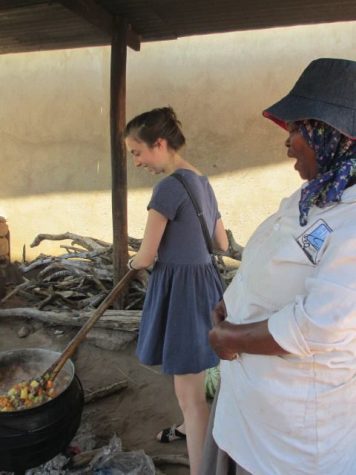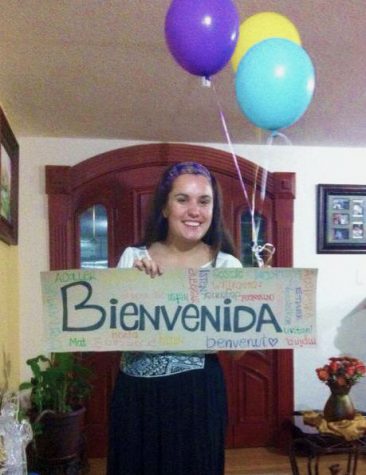ANGERS: The Dos and Don’ts of Budgeting Abroad
Money is hard.
Even though, in principle, I understand that one euro is not worth as much as one dollar, I rarely am able to apply that when shopping.
This has really taken a toll on my budgeting.
Since I’m sure there will be many Hilltoppers who study abroad after me, I’ve put together a list of money dos and don’ts when it comes to study abroad.
Do: Make a REALISTIC budget.
As much as you want to prepare before hand, there’s really not a good way of knowing how much the cost of living will be until you get there. As soon as you get to wherever you’re studying, though, plan out your money ASAP. Walk around the grocery store and see how much your groceries will typically cost.
Don’t: Lie to yourself.
No, you’re not going to move to France and all of a sudden cook all your meals, three times a day, seven days a week. If you’re a wine-o, don’t tell yourself that you’ll only buy one bottle of wine a week. If you’re a human being, don’t act like you won’t go through at least one jar of Nutella per week. Factor that stuff in or suffer a Nutella-less last month once your budget runs out.
Do: Keep the currency consistent.
If you’re going to make your budget in dollars, then you need to convert all your purchases into dollars before you make them. I recommend making your budget in euros. Turns out $2000 is less than 1500 euros, and you’re bank is NOT THAT COOL.
Don’t: Think that everyone around you is on the same budget.
Maybe that sounds silly, but it’s almost too easy to forget what kind of budget you’re on when the girl next to you can drop 500 euros a week without even blinking. I hate to be the one to stay this, but it takes a lot of pressure off you if you find people who are like-minded about money and travel. Peer pressure is real, and sometimes it’s just better to avoid a situation like that in the first place.
Do: Decide where your priorities lie early on.
Why did you decide to study abroad? Why did you pick that specific country? What do you want to spend your precious resources(both time and money) on? Like many people at St. Edward’s, I assume, my parents are helping to put me through college. They helped to get me here, too, but beyond that is my responsibility. I don’t have that much expendable income, so I had to prioritize early on.
Do I want to eat at a fancy restaurant every weekend, or do I want to visit as many countries as possible? Do I want to spend my weekend nursing a hangover, or do I want to spend it at the farmer’s market and in quaint, French coastal towns? Do I want to go to Paris for fashion week, or do I want to go to Vatican City for Easter? There’s not necessarily a wrong answer; you just have to pick the right one for you. Don’t let your ideas get muddled by those around you.
We all have different ideas of what study abroad is, and we all have varying resources. This experience is yours though. So, whatever you do, do it wholly, and do it for you.







